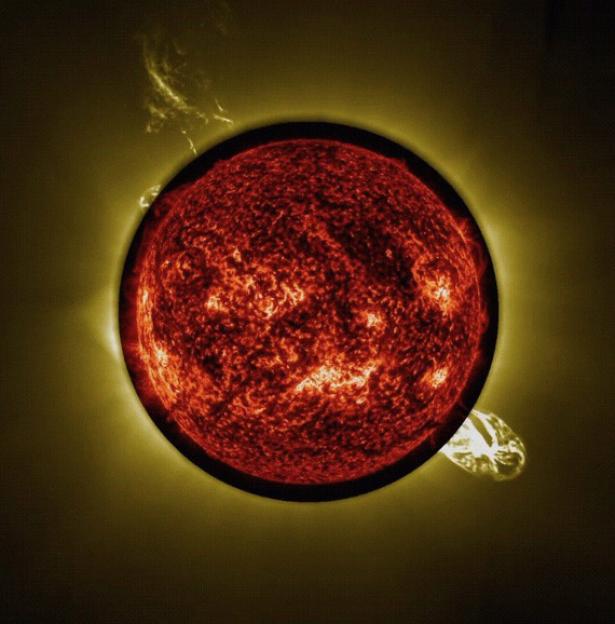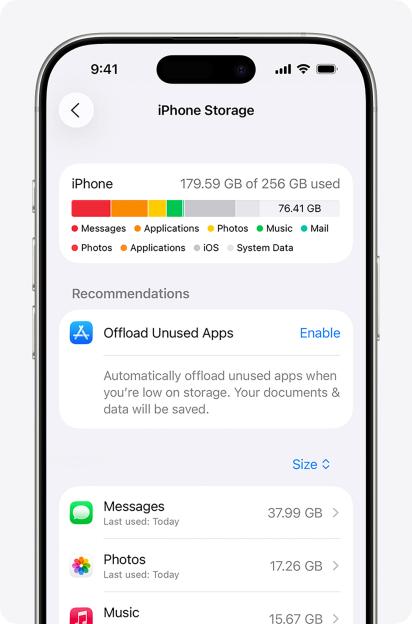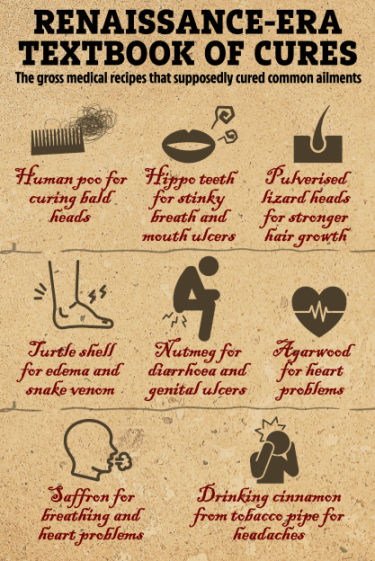Table of Contents
- Apple Loses Landmark Lawsuit
- Details of the Class Action
- Accusations Against Apple
- Apple's Intent to Appeal
- Ongoing Privacy Battles
- Other Legal Challenges
APPLE has lost a significant £1.5 billion lawsuit in the UK concerning allegations of charging ‘excessive’ prices on its App Store – potentially allowing millions of iPhone users to receive £75 each.
The decision was delivered in London today, after the Competition Appeal Tribunal determined that the tech giant had exploited its dominant position by overcharging developers and excluding competitors.
 The verdict adds to Apple’s ongoing struggle with UK officials regarding privacy regulationsCredit: Bloomberg via Getty Images
The verdict adds to Apple’s ongoing struggle with UK officials regarding privacy regulationsCredit: Bloomberg via Getty Images
The class action was initiated on behalf of approximately 20 million British iPhone and iPad users, paving the way for a potential £1.5 billion compensation payout.
However, Apple has stated it will appeal – meaning that payments are not yet assured.
Rachael Kent, a lecturer at King’s College London who spearheaded the case, accused the company of earning “excessive profits” by hindering competition in app distribution and in-app purchases.
For years, developers, including Epic Games, have criticized Apple for imposing commissions of up to 30 percent on app sales.
The company maintains that this fee helps cover marketing, distribution, and security costs, with smaller developers paying reduced rates.
Today’s ruling represents the first significant mass lawsuit against a major corporation to reach trial under the UK’s collective action framework – and could lead to similar cases against other companies.
Ms. Kent remarked: “This case demonstrates that the UK’s collective action framework is effective. It empowers ordinary individuals and small entities to hold even the most powerful corporations accountable.
“Today’s ruling delivers a clear message: no company, regardless of its wealth or influence, is above the law.”
An Apple spokesperson commented: “We appreciate the tribunal's consideration but strongly disagree with this ruling, which presents a flawed perspective of the vibrant and competitive app economy.
“The App Store faces intense competition from various other platforms – often with significantly fewer privacy and security measures – providing developers and consumers with numerous options for creating, sharing, and downloading apps.
“We plan to appeal.”
The ruling further complicates Apple’s ongoing conflict with UK officials regarding privacy regulations.
Officials have demanded that the company weaken its encryption, but Apple has refused, opting instead to withdraw its advanced data-protection features from the UK.
Despite the controversy, Apple asserts it has doubled its investment in Britain over the past five years to £18 billion and now supports over 550,000 jobs in the UK through its workforce and suppliers.
Apple has encountered a series of significant legal and regulatory challenges over the years.
In Epic Games v. Apple (US, 2020), the creator of Fortnite accused Apple of operating an illegal monopoly via its App Store, igniting a global legal dispute over developer fees.
In 2024, the company was fined nearly €1.8 billion for preventing music-streaming competitors like Spotify from promoting cheaper options outside its App Store.
The Battery “Throttle” Scandal (2017) saw Apple acknowledge that it slowed down older iPhones, resulting in multiple lawsuits and hundreds of millions of dollars in settlements in the US.
In 2023, Apple faced an antitrust class action regarding Apple Pay, with claims that it overcharged banks for its digital wallet service.
Moreover, in 2022, Dutch regulators imposed significant fines on the company for not allowing dating apps to utilize alternative payment methods.
 The company insists that the fee aids in covering marketing, distribution, and security, with smaller developers charged lessCredit: UCG/Universal Images Group via Getty Images
The company insists that the fee aids in covering marketing, distribution, and security, with smaller developers charged lessCredit: UCG/Universal Images Group via Getty Images
Frequently Asked Questions
What was the lawsuit against Apple about?
The lawsuit claimed that Apple charged excessive prices on its App Store, which led to the Competition Appeal Tribunal finding that Apple abused its dominant market position.
How much compensation could iPhone users receive?
Millions of iPhone users could potentially receive £75 each if the compensation payout is approved.
Is Apple planning to appeal the ruling?
Yes, Apple has stated that it intends to appeal the ruling, which means that compensation payments are not yet guaranteed.






